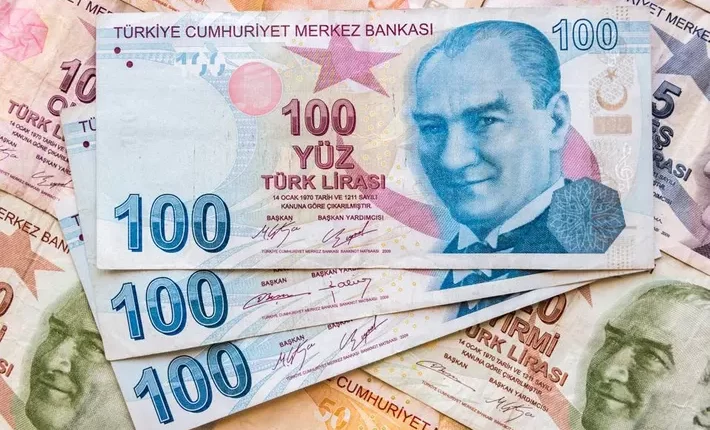Turkey is reconsidering an interest rate hike, just two months after ending its tightening cycle, Bloomberg reported on Thursday.
The surge in demand for foreign currency ahead of local elections on March 31 is hastening the lira‘s depreciation and exacerbating the decline in foreign reserves, coinciding with a deteriorating inflation outlook.
The possibility of a rate hike is uncertain, with the new central bank governor, Fatih Karahan hinting at a hawkish stance. However, the majority of economists expect the Monetary Policy Committee to maintain the key rate at 45 per cent on Thursday, with only Deutsche Bank AG and Goldman Sachs Group Inc. predicting an increase, according to a Bloomberg poll.
Despite the debate over the timing of a potential rate hike, major banks like Morgan Stanley anticipate it is not a matter of if, but when. Some analysts suggest a substantial 500 basis-point increase as a strong signal to combat inflation.
The Turkish lira has been the worst performer among emerging-market currencies this month, depreciating by about 3.6 per cent against the dollar and nearly 9 per cent year-to-date.
The looming local elections add to concerns, with memories of the lira’s sharp decline following last year’s presidential vote.
The central bank’s efforts to stabilise the exchange rate have included selling lira-settled foreign-currency forwards and imposing restrictions on loan growth. However, a potential rate hike could encourage savers to retain lira assets and possibly attract foreign capital, which has been slow to return.
While not widely expected, a rate hike would represent a significant positive shock to investor confidence, signaling a commitment to price stability and potentially offsetting concerns about weaker growth.
Analysts suggest it would demonstrate the central bank’s autonomy and a willingness to prioritise stability over short-term economic pressures.











